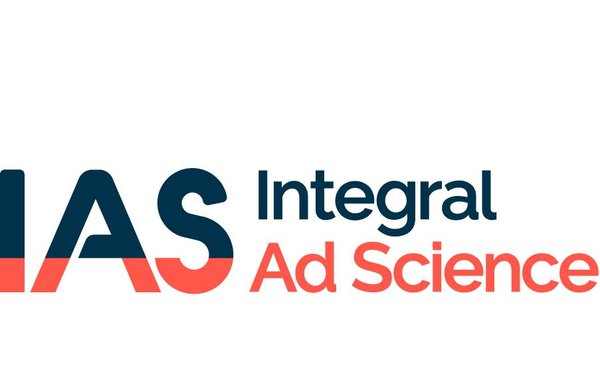Almost 8 out of 10 Indonesia consumers say they will stop using brands that appear near low quality content

JAKARTA,Indonesia,Nov. 18,2019 -- Integral Ad Science (IAS),the global market leader in digital ad verification,today released global insights into consumer perceptions of ads in the context of content quality. Findings reveal that seeing ads beside high quality content is important for consumers whose perceptions are deeply affected by the content and environments that they experience the brand's ads in. According to the studies,Indonesia consumers are highly discerning to the quality of content environments the ads are seen with the vast majority (90%) of Indonesia consumers finding it annoying when a brand appears next to low quality content and with almost 8 out of 10 Indonesia consumers saying that they will stop using brands that appear near low quality content,in both parameters Indonesia ranked highest globally.
The highlights include:
High quality content drives engagement
The study indicates widespread favourability for premium quality ad placements and this is fairly consistent across markets we measured,with Indonesia topping the charts globally (78%) with almost 8 out of 10 Indonesia consumers preferring to engage with ads on high quality content. Singapore ranked second at 66%,with over half of Japan consumers (51%) in agreement.
Low quality content has consequences
Consumer response swings in a negative direction as ad quality drops. Nine in ten (90%) Indonesia consumers are annoyed when ads appear next to low quality content and the chances of engagement fall. Annoyance is also reflected at a regional level,with poor placement driving irritation for 88% consumers in Singapore and 87% in Japan.
79% of Indonesia consumers say that they will stop using brands that appear near low quality or unsafe content. In the region,similar sentiments are echoed by 63% of Singapore consumers and 65% Japan consumers.
Also impacted is the effect on brand reputation and appeal: 86% of Indonesia consumers,again highest globally,hold the brand accountable for the content that appears next to ads,with Singapore at 68% and Japan at 66%,making it clear that brands need to take more control of where their ads appear.
"The Ripple Effect study shows there is a clear link between high quality ad quality and consumer response," said Laura Quigley,MD Southeast Asia at Integral Ad Science (IAS). "As a positive takeaway,there is an opportunity for brands to harness the dual power of tailored ads and high quality placement to drive greater brand engagement. However,it's also vital to acknowledge the counterpoint. Placing ads beside low quality content has significant consequences: carrying a high risk of damage to brand perception and even revenue – which,over time,will also impact the publisher. To ensure online ads drive the right attention and outcome,relevant content and the suitable context must be a top priority".
The Halo Effect
The correlation of ad quality environment and consumer favourability supports biometric research conducted by IAS earlier this year. As part of an investigation into 'The Halo Effect',the neurological research found that the context that advertising is placed in makes a substantial difference to how ads are perceived. The advanced biometric analysis showed ads viewed in high quality mobile web environments were found to be 74% more likeable and fuelled 30% higher memorability; signalling the need for marketers to consider the full context instead of purely the creative and audience.
Integral Ad Science's 'Ripple Effect' study ran across the US,Canada,UK,France,Germany,Japan,and Singapore markets to determine consumer perceptions on ad relevance and content quality. It surveyed a general population sample of male and female consumers,between 18 and 65+ from August to September 2019,to understand consumers' reception towards brand changes in relation to the environment in which ads run.
About IAS:
Integral Ad Science (IAS) is the global market leader in digital ad verification,offering technologies that drive high quality advertising media. IAS equips advertisers and publishers with both the insight and technology to protect their advertising investments from fraud and unsafe environments as well as to capture consumer attention,and drive business outcomes. Founded in 2009,IAS is headquartered in New York with global operations in 22 offices across 13 countries. IAS is part of the Vista Equity Partners portfolio of software companies. For more on how IAS is powering great impressions for top publishers and advertisers around the world,visitintegralads.com
Logo - https://photos.prnasia.com/prnh/20191118/2645282-1LOGO?lang=0